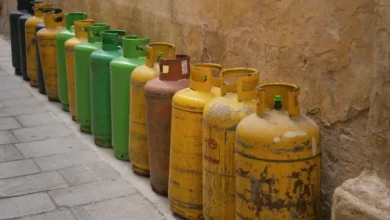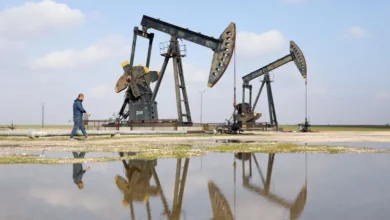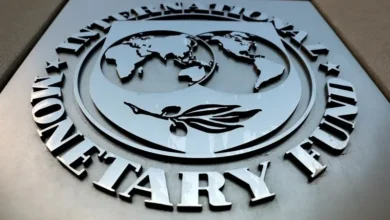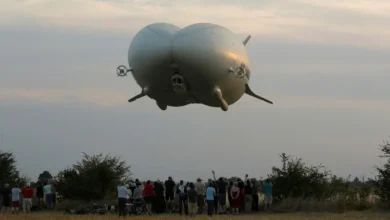US seen adopting measured approach on Russian oil sanctions to avoid lifting up price
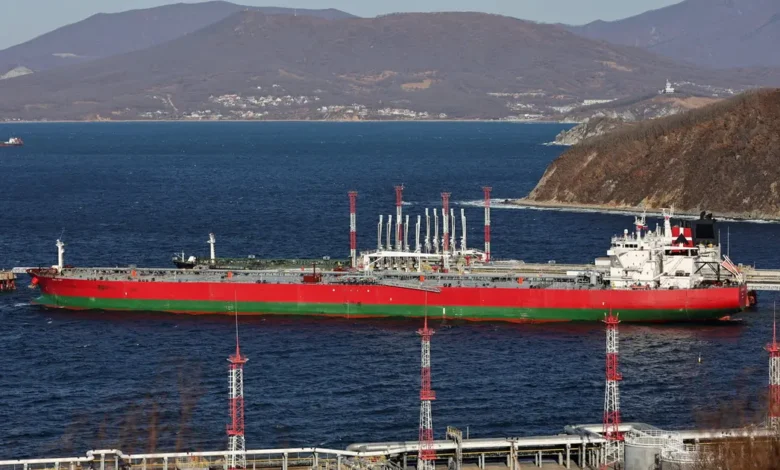
The US has been ratcheting up its scrutiny of ships and compa-nies that support the Russian oil trade in recent weeks, but it’ll stop short of imposing any sanctions that could lift prices, said Amrita Sen, founder of energy consulting firm Energy Aspects.
Washington is currently “testing waters on how much it can sanction,” Sen said at the Financial Times Commodities Asia Summit in Singapore on Wednesday. Avoiding high prices remains the key objective, with gasoline being the most important for President Joe Biden.
Her comments come after the US Treasury sent notices to ship management companies it suspects may have violated the price cap on Russian oil, spurring concerns that it may take further action.
The Group of Seven imposed a $60-a-barrel cap on Russian crude purchases in December, as well as limits for its refined fuels from February. The measures require shipowners to get attestations from traders that the oil didn’t breach the limit. If it did, they’re not allowed to provide services.
The cap aims to limit Moscow’s oil revenue while softening the blow on the global economy from sanctions enacted after Russia’s invasion of Ukraine. But its effectiveness faltered in recent months as Moscow found ways around it.
Energy Aspects expects refinery margins for gasoline and diesel next year to be lower than in 2021 and 2022 as new refining capacity comes online
Still, China is expected to maintain its stance on lower oil product exports, which will be a challenge for markets.
The loss of Russian crude will continue to impact European refiners, which have been designed to run on it, with few suitable alternatives available. This will drive shortages of octane during the summer, according to Sen.
